British Diversity Activist And Royal Academy Of Dramatic Art Chair Marcus Ryder Decries Disney’s Live-Action ‘The Little Mermaid’ For Ignoring The Topic Of Caribbean Slavery

It’s time to add another dollar to the ‘Representation Is Never Enough’ jar, as the current Chair of England’s Royal Academy of Dramatic Art Marcus Ryder has declared that despite all of Disney’s attempts to appeal to black audiences, the studio’s live-action The Little Mermaid remake still fails this demographic by ignoring the real-world topic of Caribbean slavery.
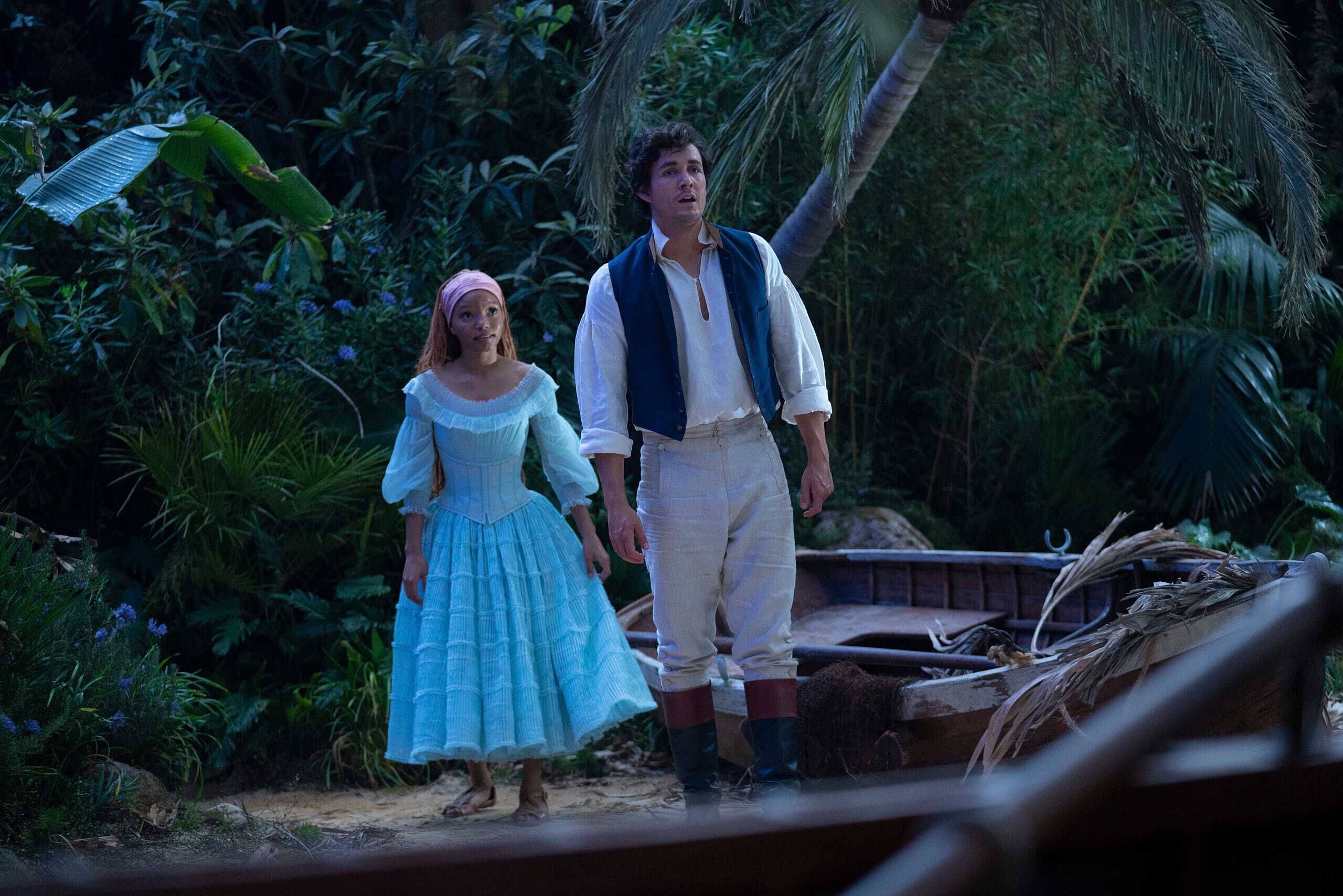
A noted diversity activist who has been recognized as a Member of the Most Excellent Order of the British Empire for his work, Ryder voiced his objections to what he felt was Disney’s half-hearted inclusion efforts on May 30th, taking to his personal blog to raise the question of “How do we make films for children of all races that acknowledge the horrors of historical events such as slavery, while making sure they are free to imagine a wonderful world unencumbered by racism and are not defined by it?”
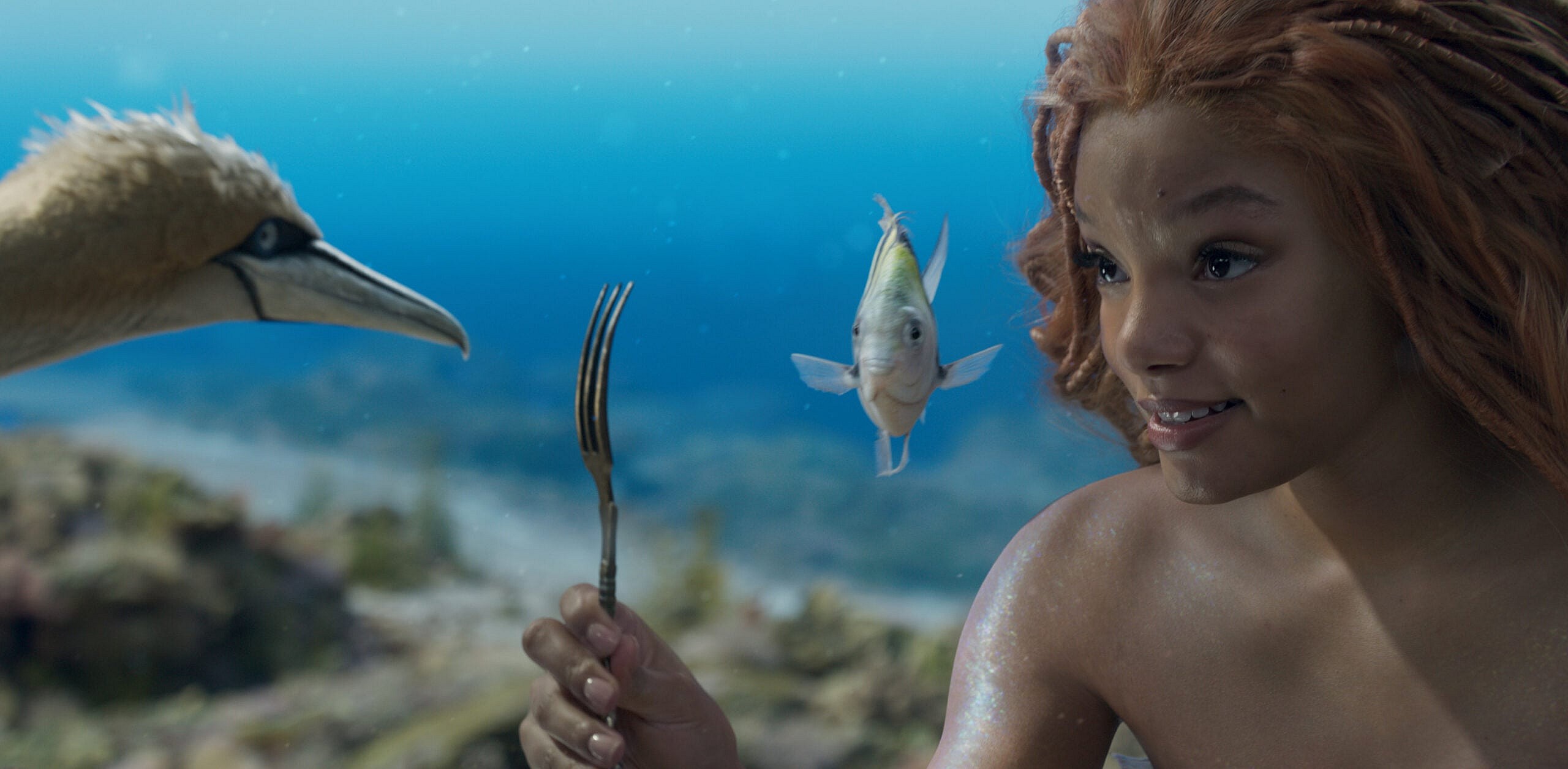
Opening his piece by noting that his thoughts were sparked by his and his six-year-old son’s recent viewing of The Little Mermaid, Ryder then explained that though he considered actress Halle Bailey’s appearance as to be “important to me as a parent and goes against literally centuries of White beauty standards and societal norms,” he still found the film to hold “one jarring massive problem”.
“The film is set in the Caribbean in the 18th century,” explained the diversity activist of his complaint. “It does not specify exactly when, but judging from the ships, clothes and other references it is during a time of African chattel slavery. And yet there is not a single direct reference to slavery and the islanders live in racial harmony.”
“In this setting, I do not think we do our children any favours by pretending that slavery didn’t exist,” he lamented. “For me Disney’s preference to try and wish the inconvenient truth away says more about the adult creatives than it does about children’s ability to work through it.”

Ryder then declared, “Setting the fantastical story in this time and place is literally the equivalent of setting a love story between Jew and Gentile in 1940 Germany and ignoring the Jewish holocaust. Or possibly more accurately setting it in a slave plantation in America’s antebellum south and pretending the enslaved Africans were happy.”
“The 18th century Caribbean is a problematic time to set any children’s story, but that should make it full of creative possibilities as opposed to encouraging historical amnesia,” he further argued.
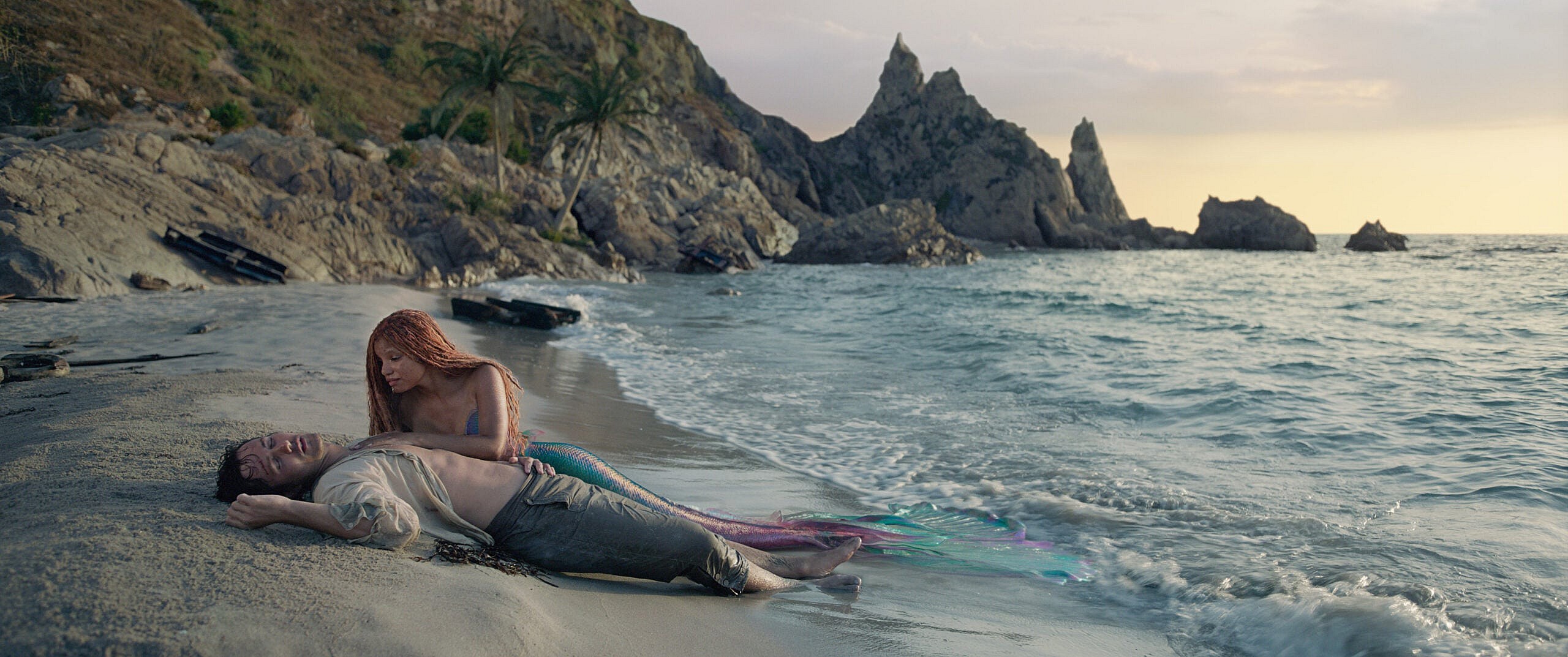
Attempting to lampshade his own alarmism, Ryder attempted to claim, “First of all, I do not need every story and movie that my 6-year-old consumes to be historically accurate. The appearance of steel pans in the film, an instrument invented in the late 1930s, raised a wry smile in the pedant in me, but I found it easy enough to overlook. But the total erasure and rewriting of one of the most painful and important parts of African diasporic history, is borderline dangerous, especially when it is consumed unquestioningly by children.”
“I do not want my child to think that the Caribbean in the 18th century was a time of racial harmony, any more than I suspect a Jewish father wants his child to think 1940 Germany was a time of religious tolerance, however much we might both wish they were,” the RADA chair said.
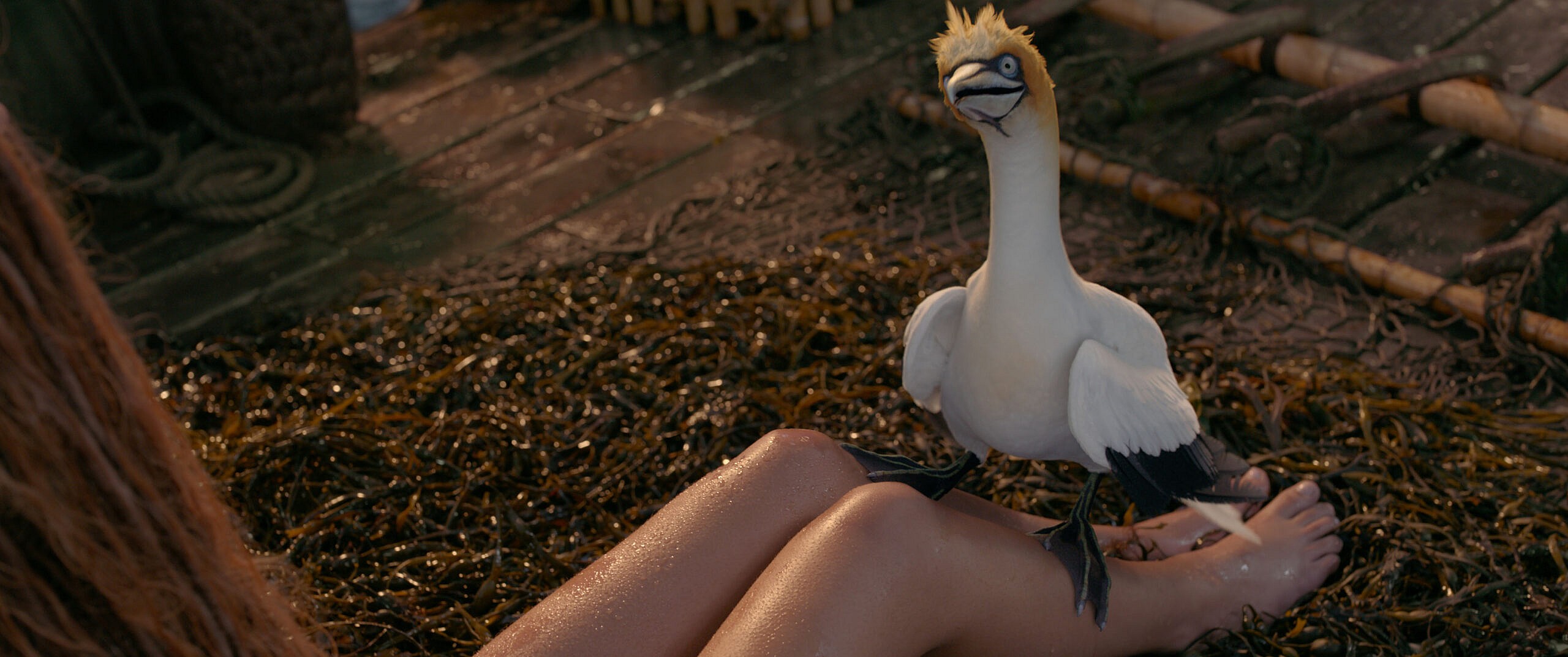
Proceeding to argue that “There are several ways in which Disney could have easily set The Little Mermaid story in the Caribbean in the 18th century and not whitewashed (excuse the pun) the importance of history,” Ryder opined, “For example they could have set the story in Haiti post-1804. Haiti was the first Caribbean country to throw off the shackles of slavery and most importantly in its constitution of 1805 explicitly denounces the idea of different ‘races’ proclaiming true equality.”
“In this scenario the Little Mermaid could have easily found her prince, while race and slavery could have been gently touched upon without being overbearing or having to show the horrors,” he detailed. “A post revolutionary Haiti would have been the perfect setting for an island of racial harmony, and in doing so it would have gently educated children about an important period in world history. As someone of Jamaican heritage I would have loved the Little Mermaid to fall in love with a Maroon (a runaway slave), although that would have required her to swim a little upstream towards the island’s interior.”
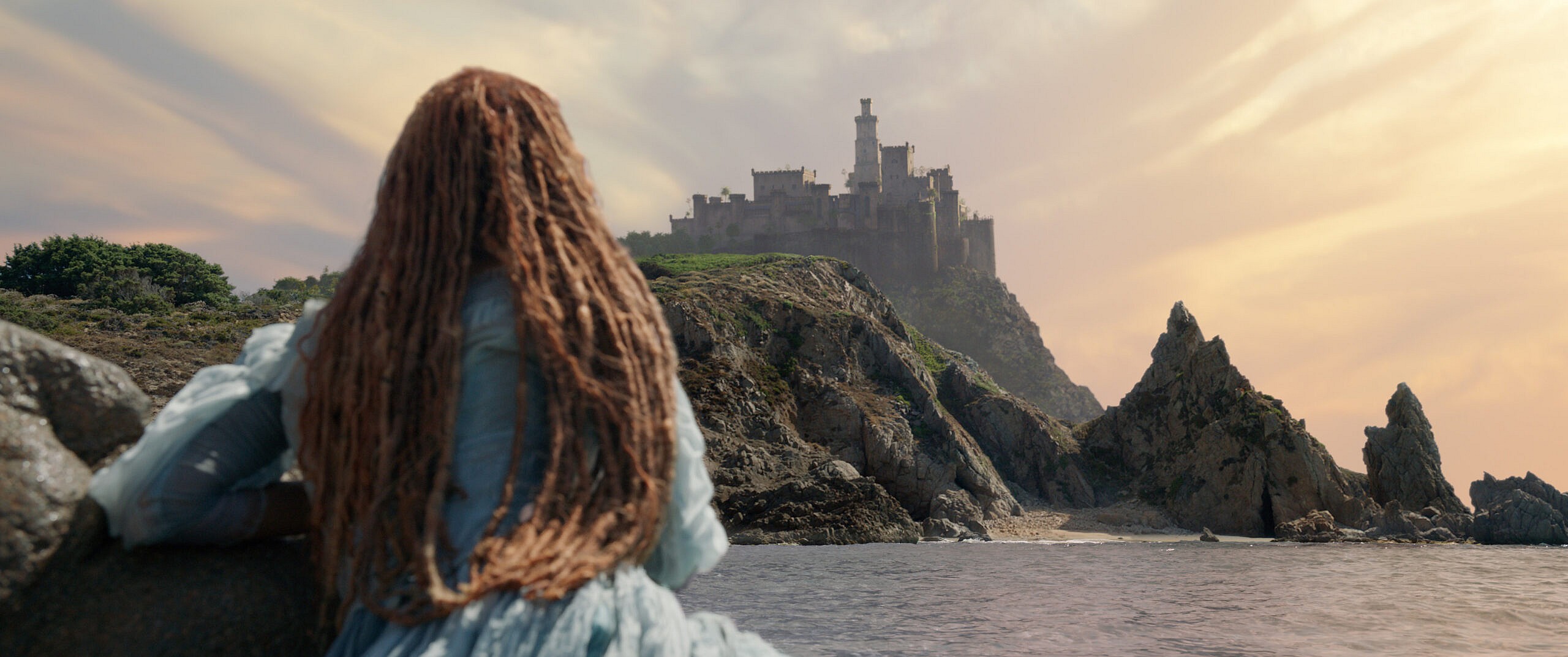
Drawing his thoughts to a close, Ryder ultimately posited, “We owe it to our children to give them the most amazing fantastical stories possible to help their imaginations grow.”
“We do not do this by ‘whitewashing’ out the difficult parts of our history,” he concluded. “We do it by embracing our rich history and empowering them with the truth.”
Ultimately, Ryder signed off, “Next time I hope Disney can be as adventurous with its story telling as it was with its casting.”
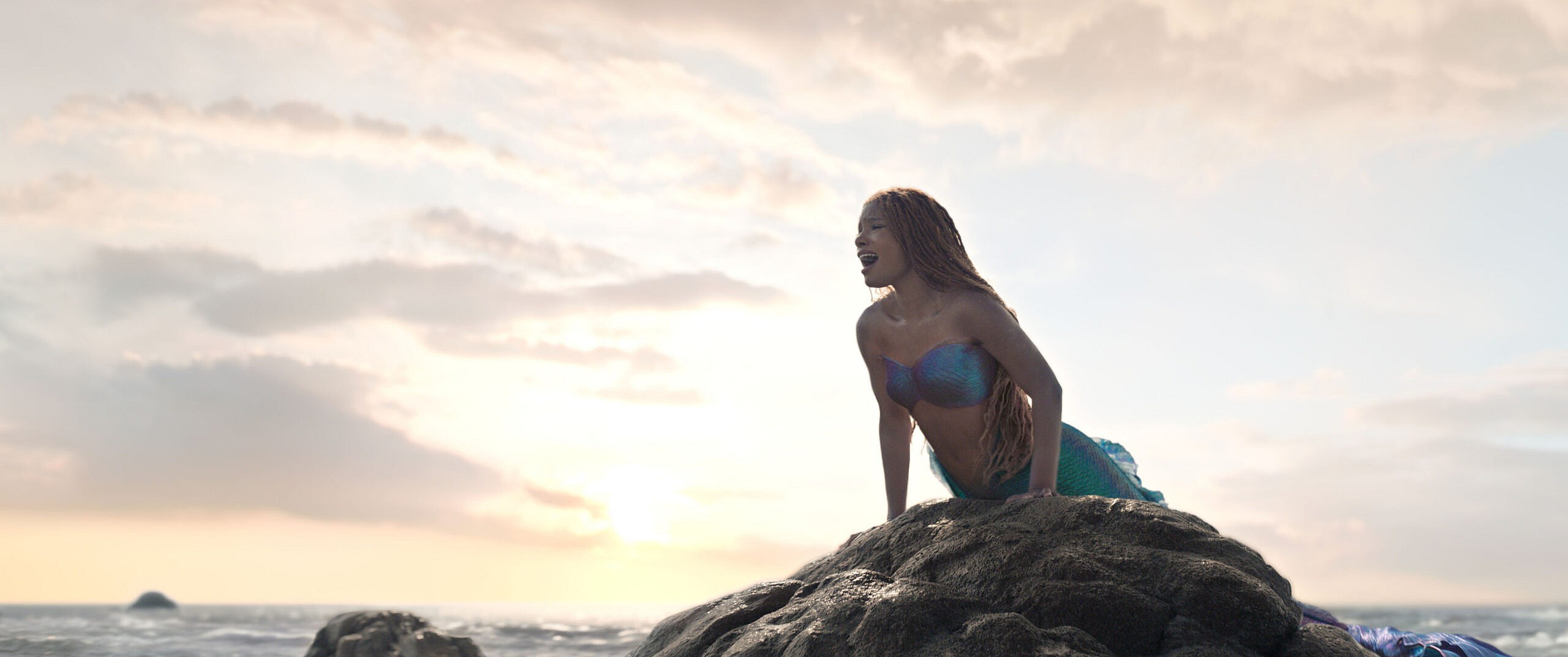
True to history, the Caribbean islands once boasted a prominent local slave trade, predominantly in the 18th and 17th centuries, which was fueled in large part by British and French economic interests within the region.
Contrary to popular belief, the victims of this abhorrent practice encompassed both white Europeans – specifically the Irish – and black Africans, the former often shackled under the auspices of indentured servitude, which provided paths (albeit often times false or relatively impossible ones) to eventual freedom, while the latter were more often outright slaves, which meant that a limit to their enslavement was often never on the table.
However, as the region eventually underwent an economic shift away from relying on tobacco and cotton in favor of the then-rising-in-demand commodity of sugar, so too did its racial preferences regarding slaves, and black slaves began being forced into manual labor roles while white indentured servants were made to work in more skilled and administrative roles.

But as was a growing trend in the era, the French slave trade soon became a subject of intense scrutiny and moral debate, and it was soon abolished in 1794 per decree of the country’s National Convention.
This decision would be briefly overturned in 1802 courtesy of Napoleon Bonaparte, who intended to use slave labor to expand the French Empire within the Caribbean, before being unconditionally put back into effect in 1848.
As for the British, they would follow their southern neighbors a few years later, banning the trafficking of slaves within their Empire with the Slave Trade Act 1807 and eventually eliminating the entire institution a quarter-of-a-century later with the Slavery Abolition Act 1833.
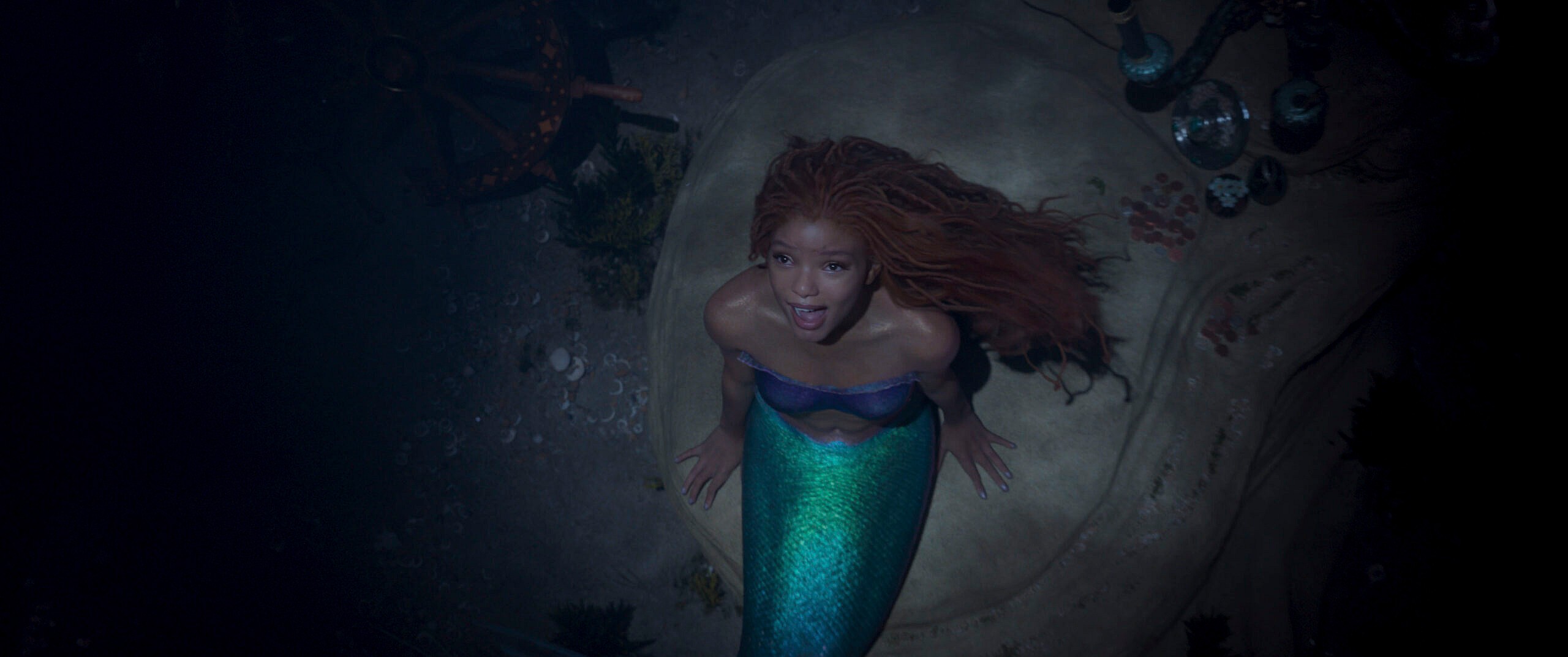
The Little Mermaid is now floundering in theaters.
